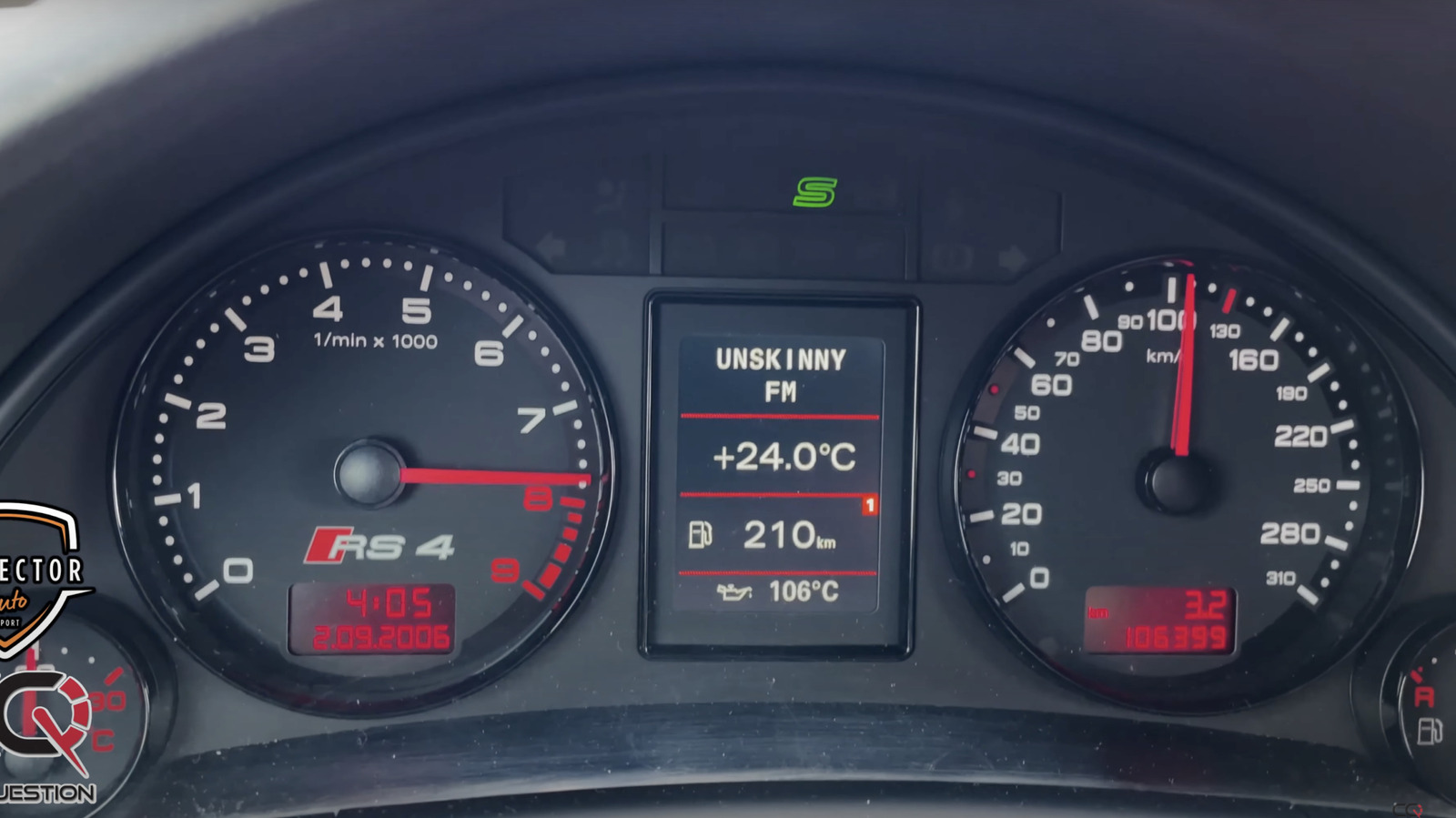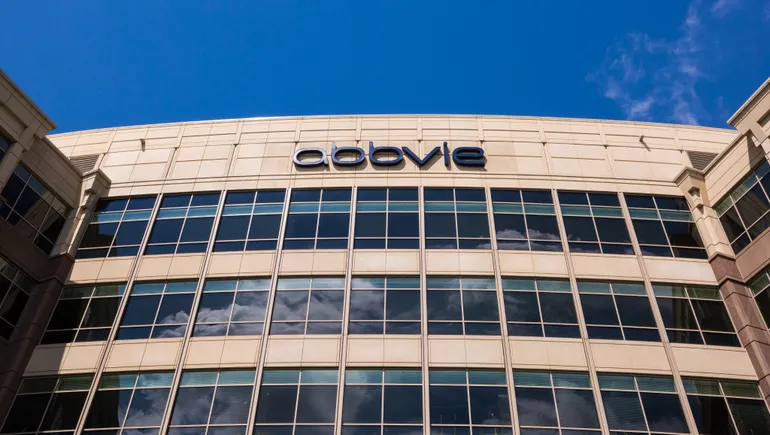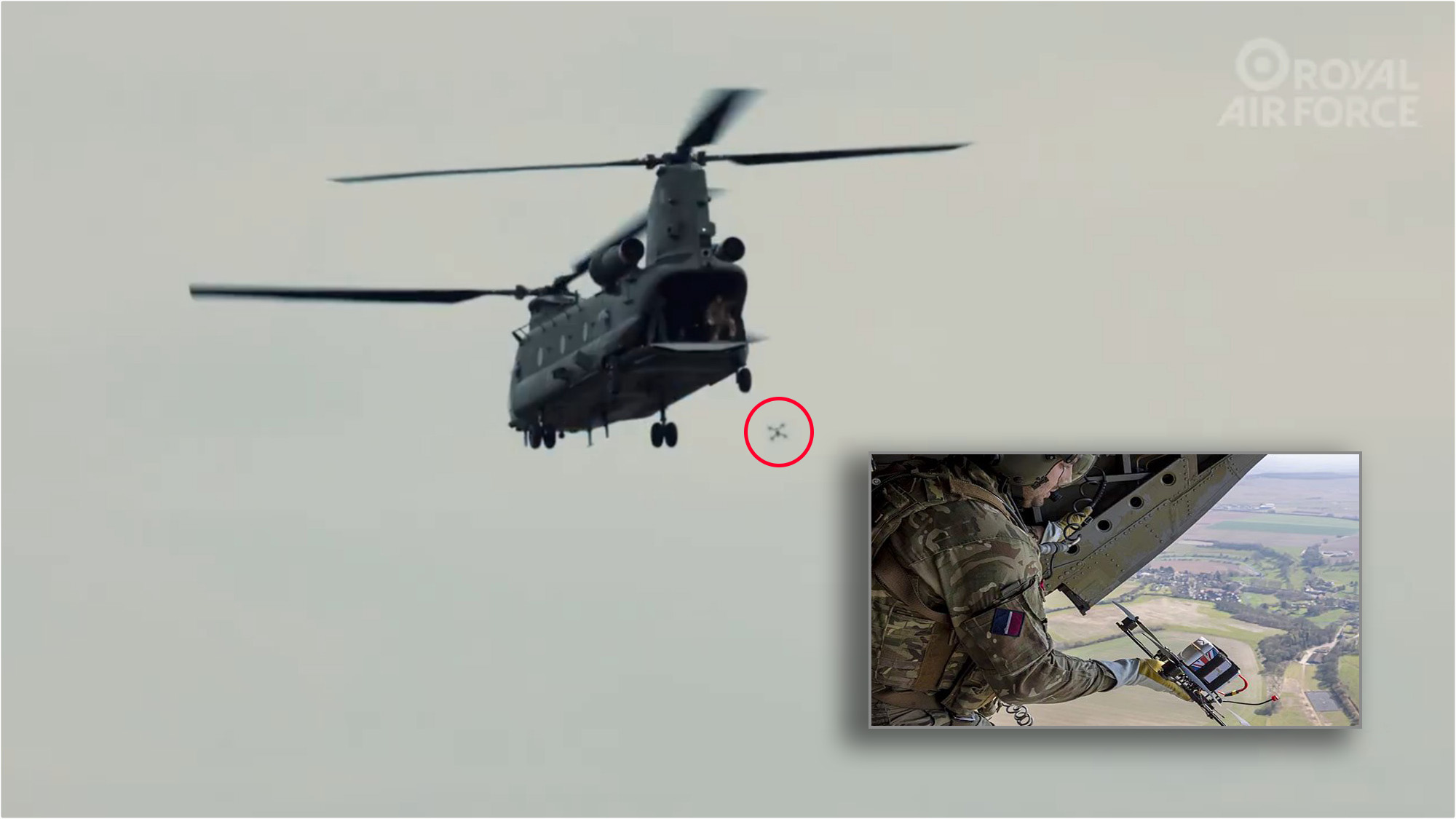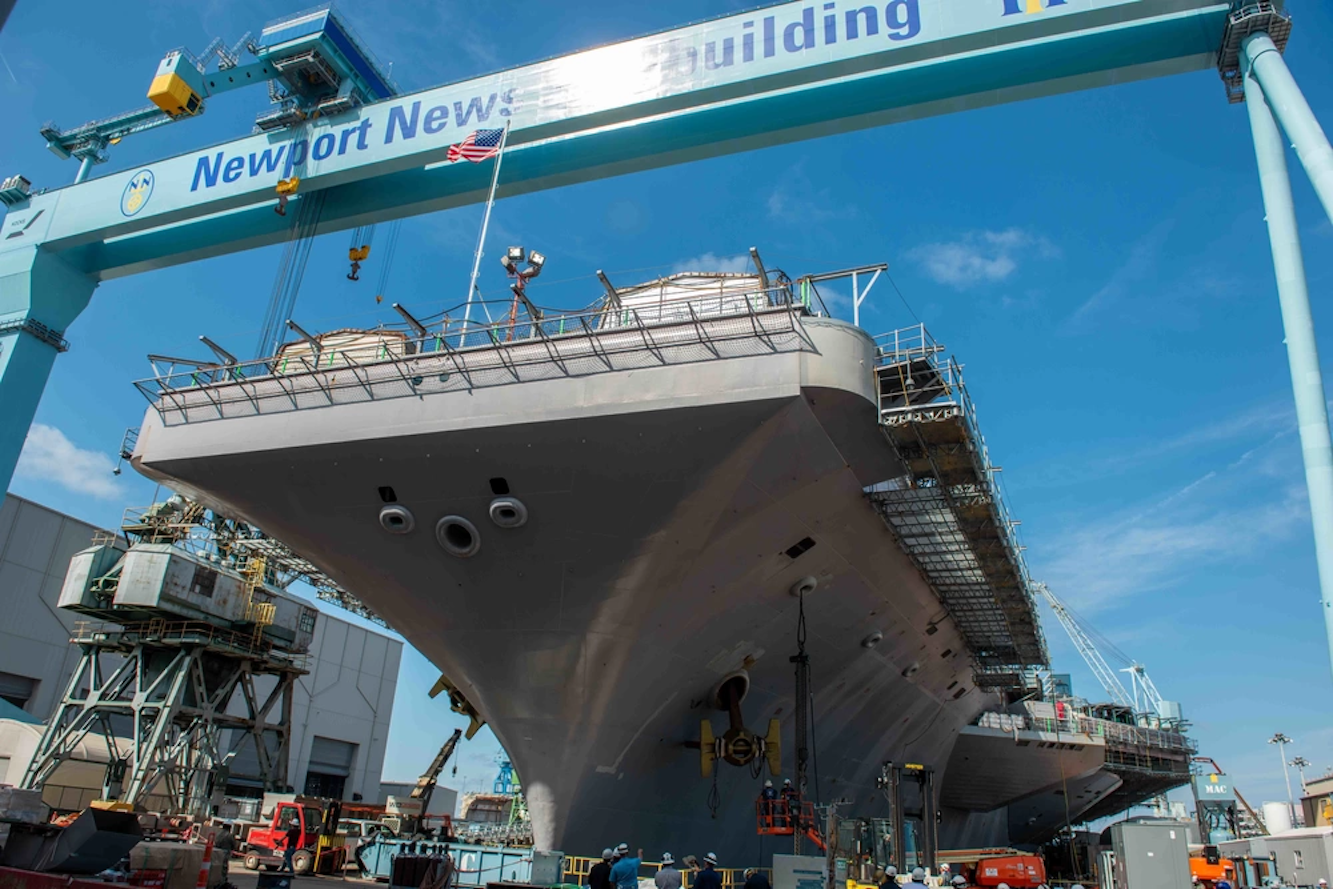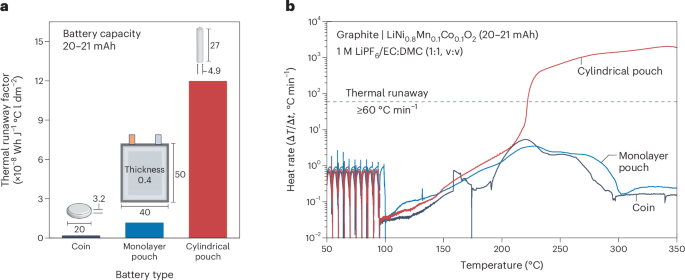5 Rookie Mistakes Every New Owner-Operator Should Avoid
Are you a brand new owner-operator? Steer away from trouble with these 5 tips. The post 5 Rookie Mistakes Every New Owner-Operator Should Avoid appeared first on FreightWaves.

The road from company driver to owner-operator is filled with freedom, but also filled with landmines. The kind that do not show up in a YouTube video or a dispatcher’s sales pitch. Every year, thousands of drivers step out on their own with a truck, a dream, and a high interest truck note—only to find out the hard way that running a trucking business is nothing like just running a truck. The margins are thinner. The hours are longer. And the mistakes are much more expensive. Especially when you do not know what to look out for.
In this article, we are breaking down five of the many common and costly rookie mistakes we’ve seen new owner-ops make. These are not theories. These are real traps that wreck cash flow, hurt credibility, and send too many hardworking drivers right back into lease programs or dispatch-dependent setups. If you’re serious about running this business for the long haul, make sure you sidestep every single one of these.
Mistake 1 – Not Knowing Your Numbers Down to the Penny
If you’re running your business based on gut feel, you’re already losing.
You should know your:
- Cost per mile (CPM)
- Fixed and variable expenses
- Break-even RPM (Revenue Per Mile)
- Average fuel burn (consumption)
- How much cash you need every week to break even
Example:
If your truck note is $1,950/month, insurance is $1,200/month, fuel is running $0.78/mile, and you’re pulling in say $2.10/mile on average—you might feel like you’re doing okay.
But if your break-even is $1.85/mile and you’re doing 2,000 miles a week, that leaves you about $500–$700 profit before tax and maintenance stow away (rainy day fund).
Not knowing that difference has cost new owner-ops their entire business.
“You can’t manage what you don’t measure.”
It’s not just a saying—it’s the foundation of staying in business. We built a cost-per-mile calculator inside the Playbook for this exact reason.
Mistake 2 – Jumping in Without Working Capital
Here’s the brutal truth:
The truck doesn’t breakdown when you’re flush with cash. It breaks the week after you paid for tires, insurance, and rent…In other words…at the WORST times…
Starting without working capital is the most dangerous move a new owner-operator can make.
Minimum cash needed before you run your first load:
- First 30 days of fuel ($3,000–$5,000)
- One truck payment and one insurance payment ($2,500–$4,000)
- Emergency maintenance buffer ($3,000)
- Personal bills for 30 days ($2,000+)
That’s $10,000–$15,000 cash you need just to breathe.
Too many rookies go broke not because the loads weren’t paying—but because they didn’t have room to survive the first surprise.
“Hope is not a business strategy.”
Mistake 3 – Not Getting Compliant Before You Hit the Road
One of the fastest ways to get shut down—or slapped with unexpected fines—is launching your trucking business without making sure you’re fully compliant and properly organized. Too many new owner-ops rush to book their first load, but skip over the foundational setup that DOT inspectors and brokers both expect you to have locked in.
Here are the biggest rookie slip-ups we see:
- No Driver Qualification File (yes, even if you’re the only driver)
- No maintenance tracking system in place for your truck
- No clear IFTA and ELD procedures in writing
- Operating for weeks without running a proper pre-employment drug test (required even if you own the company)
And here’s what happens:
- You get hit with a failed audit early in your authority life cycle
- Brokers deny you access to higher-paying freight due to poor SAFER scores
- You start losing track of critical paperwork and scramble when something goes wrong
You don’t need to build a full back office—but you do need a binder or digital system that covers:
- Truck and trailer maintenance logs
- Copies of your CDL, med card, and MVR
- Drug and alcohol clearinghouse registration
- Insurance certs and BOC-3
- Fuel receipts and mileage for IFTA
If you set that up before you hit the road, you’ll drive with more confidence—and you’ll be ready when your first audit or safety check comes.
Mistake 4 – Depending 100 Percent on Load Boards
Load boards are a tool, not a business plan.
Yet nearly every new owner-op makes this their only source of freight. It works at first… until it doesn’t.
Here’s what happens:
- You chase freight on the “boards”, not build lane preferences based on what is better for you.
- You spend more time searching than running
- You burn fuel on weak lanes just to stay loaded
- You run for brokers who don’t pay well or on time
Here’s how to shift that early:
- Pick 1–2 regions and commit to building consistency
- Work with the same 3–5 brokers weekly
- Ask those brokers what freight they consistently have
- Start soft-touching direct shippers through email and cold call outreach
Even booking 10–20% of your freight direct can change your weekly revenue.
We’ve seen carriers inside the Playbook go from $4,200 gross per week to over $6,000—just by stabilizing lanes and reducing deadhead.
Mistake 5 – Running Like a Driver Instead of a Business
When you become an owner-operator, you wear more hats than just “driver.”
You’re also:
- Dispatcher
- Bookkeeper
- Safety manager
- Customer service rep
- Operations director
- Compliance officer
Too many rookies keep acting like company drivers—clocking miles and ignoring everything else.
That mindset leads to:
- Late IFTA filings
- Missed maintenance intervals
- Underreported income
- DOT audits and poor safety scores
You have to schedule your business time just like your drive time.
Example Weekly Breakdown:
- Monday: Fuel reports and trip logs
- Wednesday: Track income and expenses
- Friday: Outreach to brokers or shippers
- Monthly: Review P&L, maintenance needs, safety status
If you don’t build the habit early, you’ll always be reactive—and in trucking, being reactive costs you money.
“Success doesn’t happen in big moves. It happens in small habits, executed over time.” — The 12 Week Year
Final Word
Becoming an owner-op is more than just getting your name on the truck title.
It’s about moving differently.
The carriers who win are not perfect—they just avoid the common mistakes that take out everyone else.
Let’s recap the five rookie traps you’ve got to dodge:
- Know your numbers down to the penny
- Do not start without working capital
- Quote insurance the right way
- Do not rely only on load boards
- Run it like a business—not just a truck
This game will test you. But if you build systems early, stay disciplined, and focus on profitable lanes, you can win.
Inside the Playbook Masterclass, we go deeper into how to run your numbers, find direct freight, and structure your day like a business owner, not a driver.
Because this industry doesn’t reward hope.It rewards structure. And the operators who build right from the start are the ones who stay in it for the long haul.
The post 5 Rookie Mistakes Every New Owner-Operator Should Avoid appeared first on FreightWaves.













